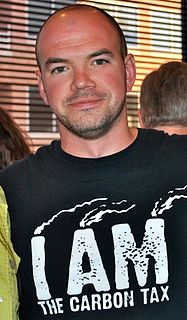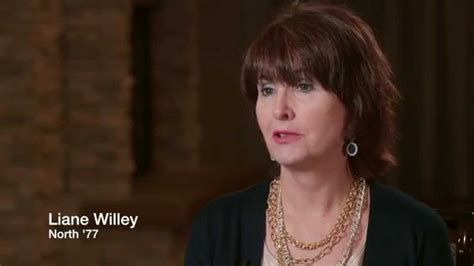A Quote by Pope John Paul II
It is manifestly unjust that a privileged few should continue to accumulate excess goods, squandering available resources, while masses of people are living in conditions of misery at the very lowest level of subsistence.
Related Quotes
Well, equity matters. I hope that most of us believe that we actually would all benefit from living in a more equitable society. If that's not happening, we're squandering human potential. We want to make the best television possible. We should be drawing on the entire available pool of storytellers and directors, and we should be expanding that pool and trying to hire the very, very, very best people. That's our job.
Excess consumption doesn't make people happy. We can continue to provide for our needs, but we can't continue the endless pursuit of ever more consumer goods. There is no energy source that can provide enough consumer goods to meet our human and emotional needs; there never has been, and that's why it's been such a fruitless pursuit.
A considerable proportion of the developed world's prosperity rests on paying the lowest possible prices for the poor countries' primary products and on exporting high-cost capital and finished goods to those countries. Continuation of this kind of prosperity requires continuation of the relative gap between developed and underdeveloped countries - it means keeping poor people poor. Increasingly, the impoverished masses are understanding that the prosperity of the developed countries and of the privileged minorities in their own countries is founded on their poverty.
Venezuela, Bolivia and Ecuador lived through times of cruel and ruthless capitalism where the workers, the masses of the population, saw themselves living in a precarious state of employment and subsistence conditions. The impact of this reality took hold and impacted the evolution of the social situation of those countries and even though that produced movements that were not exactly political movements but social movements.
Successful companies create value by providing products or services their customers value more highly than available alternatives. They do this while consuming fewer resources, leaving more resources available to satisfy other needs in society. Value creation involves making people's lives better. It is contributing to prosperity in society.
There are now businesses and entire industries that exist solely as a result of federal patronage. Profiting from government instead of earning profits in the economy, such businesses can continue to succeed even if they are squandering resources and making products that people wouldn't ordinarily buy.
Malthus argued a century and a half ago that man, by using up all his available resources, would forever press on the limits of subsistence, thus condemning humanity to an indefinite future of misery and poverty. We can now begin to hope and, I believe, know that Malthus was expressing not a law of nature, but merely the limitation then of scientific and social wisdom. The truth or falsity of his prediction will depend now, with the tools we have, on our own actions, now and in the years to come.
In the scale of life there is a gradual decline in physical variability, as the organism has gathered into itself resources for meeting the exigencies of changing external conditions; and that while in the mindless and motionless plant these resources are at a minimum, their maximum is reached in the mind of man, which, at length, rises to a level with the total order and powers of nature, and in its scientific comprehension of nature is a summary, an epitome of the world.
Contrary to what we, the people, have been told, we are the power; we have supreme authority because we are the masses and true power always resides with the masses, never with the global elite who, by their very nature, have always been a vulnerable minority and will always continue to be...As long as the masses realize that, of course.
This is my long-run forecast in brief: The material conditions of life will continue to get better for most people, in most countries, most of the time, indefinitely. Within a century or two, all nations and most of humanity will be at or above today's Western living standards. I also speculate, however, that many people will continue to think and say that the conditions of life are getting worse.









































